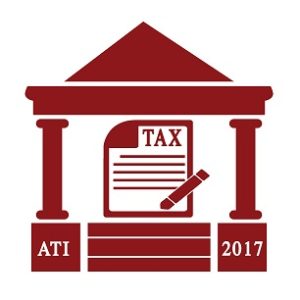Stocks, Bonds and Taxes, Oh My!

Stocking Up & Bonding out
For those looking to start passively growing their income, bonds and stocks are the first things that come to mind. It can be confusing for those unfamiliar with these financial vehicles. Stocks are essentially shares in the ownership of a company. A company goes from private to public with an IPO or initial public offering. At this point, the value of the company is determined, and a starting number of shares are sold to the public. As the company’s valuation or the number of issued stocks changes, so too does their worth.
Bonds are similar to stocks in that they represent a particular financial worth. They can also be issued by municipalities, states, or even the federal government. In this case, the company or government entity needs funds for to pursue projects and expansion. It can be considered a loan on behalf of the bondholder. The interest on this loan is how the owner makes money. Bonds differ from stocks in that they mature or end at a specific date. Stocks are a risker asset because their value is not guaranteed.
Paying Your Dues
The government taxes just about everything we do at this point, so it’s no surprise that stocks and bonds are taxed as well. When it comes to taxing stocks, the government takes its cut through the Capital Gains Tax. To think about it simply, if your stock gains value and you sell it, you will owe money. To figure it out, you need to determine if you sold the stock for more than you invested in buying it. If the answer is yes, you owe capital gains; if no, you can deduct the loss. If you have held the stock for under a year, you are taxed at your ordinary-income tax rate and, if longer, based on your tax bracket.
When it comes to bonds, you won’t escape paying the piper either. Bondholders must fill out a 1099-INT form. This form allows you to fill out relevant information that determines how much taxes you will pay. With bonds, you are paying tax on the interest earned. As we briefly touched on earlier, there are numerous types of bonds. Treasury bonds, which are one of the most ubiquitous types, are taxed only at the federal and local levels. It is important to research the type of bond before you purchase to know the applicable taxes. Remember, taxes for stocks are determined when they are sold, while you pay taxes on bonds’ interest.
We hope that you found this article helpful. We invite you to check out our blog page for more insightful articles!
by Nick Climan – Content Creator at Half Full Marketing
 Contact Alron Taxes, Inc. for additional information:
Contact Alron Taxes, Inc. for additional information:
Work with one of our tax professionals here at Alron Taxes, Inc., a wholly owned subsidiary of Alron Enterprises, Inc. Alron Taxes, Inc. specializes in providing taxpayers the highest quality, expert assistance with tax preparation services. We’ll make sure you receive every possible tax benefit and maximize your tax savings. Give us a call at 321-951-7626, email us at admin@alrontaxes.com, or contact us here. We look forward to working with you!
Phone: 321-951-7626
Fax: 321-723-8218
Download and print these documents to get started in filing your personal and business taxes.